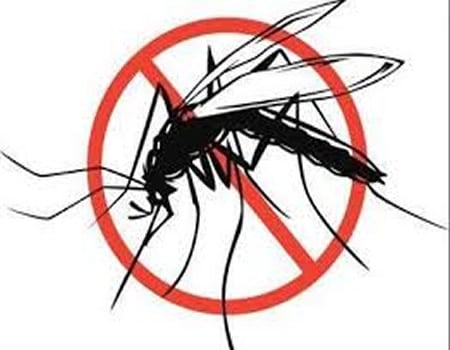
Ladipo, Deputy Director of Public Health, Oyo State Ministry of Health, spoke at the Advocacy and Community Social Mobilisation (ACSM) core group meeting to explore avenues of generating public utilisation of malaria control interventions in Ibadan.
He said despite the high number of insecticidal mosquito nets distributed, many people were still not sleeping under them and so the expected reduction in cases of malaria was yet to be achieved.
Dr Ladipo declared that myths and misconceptions still abound on insecticidal mosquito nets and as such the ACSM core group is expected to explore possible options to get people to adopt the use of these nets.
According to him, “in the last Malaria Indicator Survey done in Oyo State, for example, net usage was 40.3 per cent. We want it to be at a minimum of 80 per cent.”
He said that currently the rate of reduction of malaria is not commensurate with the number of nets that are distributed.
“Between 2012 and now, we have distributed almost eight million insecticidal treated nets in Oyo State. About 4.3 million of these nets were distributed between October and November, 2016. If they were in proper use, we should have started to see a more marked reduction in malaria cases.”
Oyo State Malaria Coordinator, Society for Family Health Nigeria, Mrs Taiwo Olarinde said low uptake of Intermittent Preventive Treatment (IPT) of malaria in pregnancy was also a challenge to Nigeria’s malaria elimination programme.
Despite sulfadoxine-pyrimethamine for intermittent preventive treatment of malaria in pregnancy being free, she declared that less than 29 per cent of pregnant women receive the first dose of this drug before childbirth.
According to her, “The data becomes more worrisome when the number of pregnant women that take the second and third doses of sulfadoxine-pyrimethamine is considered.”
Representative of National Malaria Elimination Programme, Mr Celestine Effiong said Oyo ACSM core group was among the four that the programme was to strengthen in its bid to tackle myths and misconceptions on malaria.
“Many people still do not know common things about malaria. For instance, some people believe that working in hot sun can cause malaria,” he stated.
WATCH TOP VIDEOS FROM NIGERIAN TRIBUNE TV
- Relationship Hangout: Public vs Private Proposals – Which Truly Wins in Love?
- “No” Is a Complete Sentence: Why You Should Stop Feeling Guilty
- Relationship Hangout: Friendship Talk 2025 – How to Be a Good Friend & Big Questions on Friendship
- Police Overpower Armed Robbers in Ibadan After Fierce Struggle



